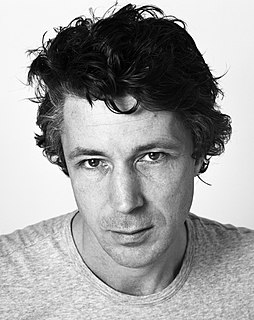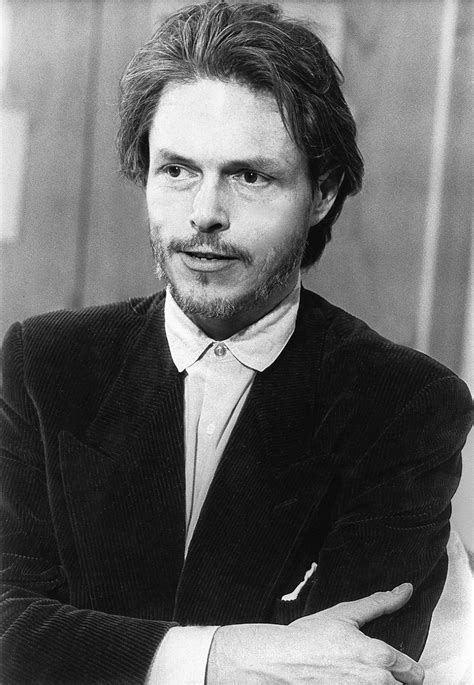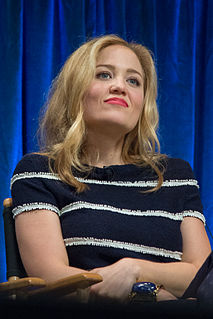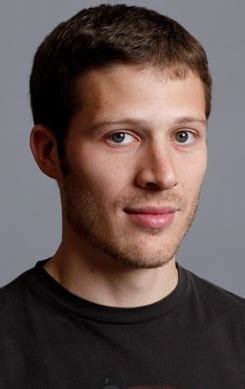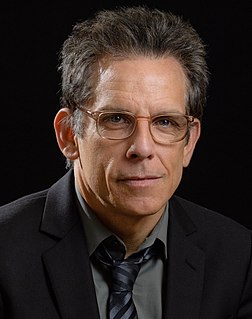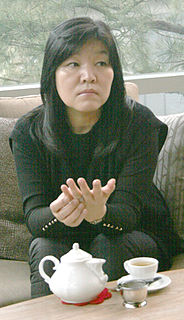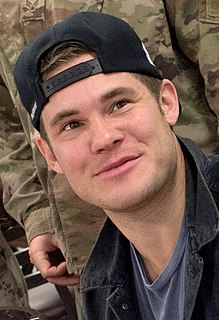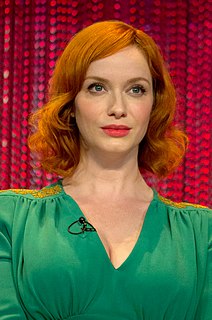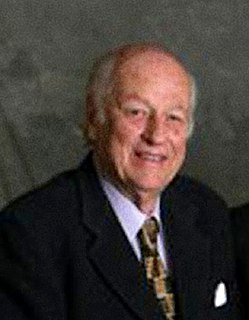A Quote by Aidan Gillen
I don't like DVD extras. No. Especially when they do things like put out alternative endings? I find all of that a little bizarre, because there should only be one ending. I don't like to be told, 'Oh, we could have had it this way,' for the director's cut.
Related Quotes
I definitely prefer real-life endings. But I do like having an ending. I hate when a movie just sort of ends and is so open-ended you feel like it wasn't finished. I appreciate leaving things up to the interpretation of the audience and letting them make decisions about where things will go in the future - but the director has to make a decision; otherwise it is sort of a cop-out.
Such lonely, lost things you find on your way. It would be easier, if you were the only one lost. But lost children always find each other, in the dark, in the cold. It is as though they are magnetized and can only attract their like. How I would like to lead you to brave, stalwart friends who would protect you and play games with dice and teach you delightful songs that have no sad endings. If you would only leave cages locked and turn away from unloved Wyverns, you could stay Heartless.
First of all, the first cut of the movie was like three and a half hours and I walked away going, 'Wow, I know there's like twenty minutes that I can cut - ' when I first saw it 'But I don't know after that.' The first time I put up then in front of people I was like, 'Oh, my God, I can take that out and that out and that out.'
Mom's eyes held yours for a moment. 'I don't like or dislike the kitchen. I cooked because I had to. I had to stay in the kitchen so you could all eat and go to school. How could you only do what you like? There are things you have to do whether you like it or not.' Mom's expression asked, What kind of question is that? And then she murmured, 'If you only do what you like, who's going to do what you don't like?
I just don't want to be bored. That's the only criteria I have when I choose a role to play. I like it if the script is good and the director seems like he's gonna be good. But if I can find a variety of things to do, which I feel like I manage to do, as far as the actual performing goes and the character, that's huge for me. To be able to feel like I can do a fairly diverse array of things. I've been lucky in that way. I don't mind being stereotyped in some way and playing certain kinds of guys, but if I can find something to occasionally get a break from that, that would be nice.
Everyone needs some trial and error figuring out how it's gonna work for them. I could have gotten that out of the way a little sooner but I think you're totally right, the way I kind of think about things and the way I wanted to put myself out there doesn't fit the traditional side of things. I needed things like podcasts and YouTube and things that allow you to get it out there yourself and stand in the flames.
What happened to me is I gained a little weight so I could be more accessible to people. They're not like, 'Oh my God, he's, like, a male model comedian; yuck, ugh.' It's like, 'Oh, he's a little squishy; He's like me. He's accessible.' And girls are like, 'Look how cuddly he is. I just want to cuddle up in his neck fat and go to sleep.'
All of a sudden I was Joan [Mad Man] and they're going, "Oh, so she plays a badass in this." And I'm like, "Oh my god, I get to play badasses." Firefly was a little bit of that, but she started out as a mouse and then she turned into a dragon. But I never really had that opportunity. So all of a sudden people were like, "Oh, do you feel like you're being typecast?" I would say, "No, this is just opening the doors." No one thought I could do it and someone finally trusted me to do it.
The people at the very top could fall by and grace you with their presence and give you a little largesse, and you'd be "Oh, I'm so beloved." In a way, it was kind of like flattery. The middle managers didn't quite have that cachet, but at the same time, they had to seem like they were of that caliber. So there's a little bit of loneliness at the heart of those with a little bit of power.
I still go to the conventions, and I like to hear the point of view of people today. I'm a little afraid they're being brainwashed by this new pop-culture. I think it's not really elevating our lives like it did in the good old days of Hollywood, where you had a happy ending. They used to criticize happy endings, but really, what's the point of going to a film if you have to come out hating your fellow man?
